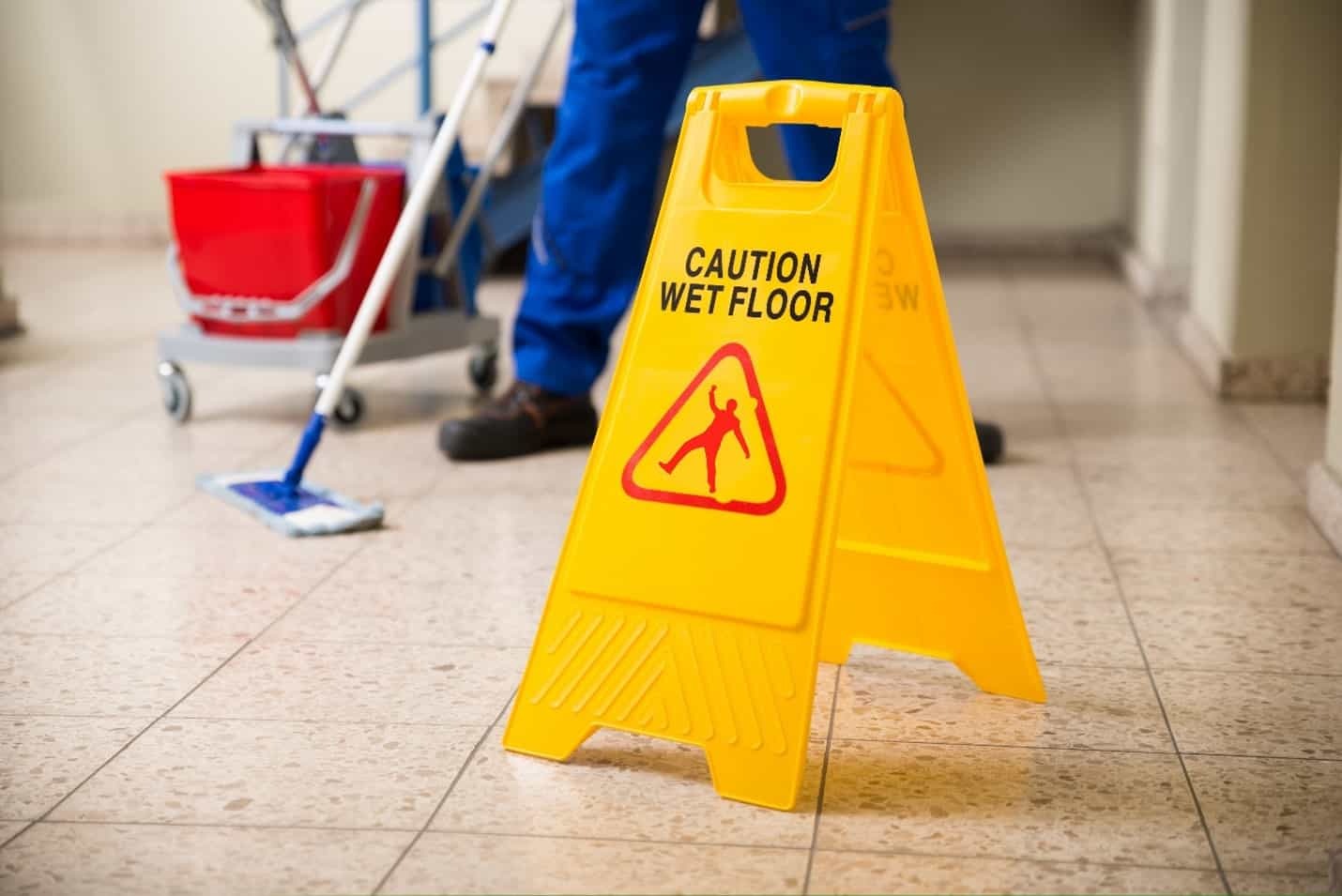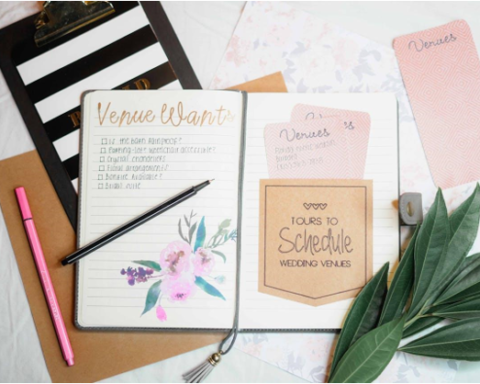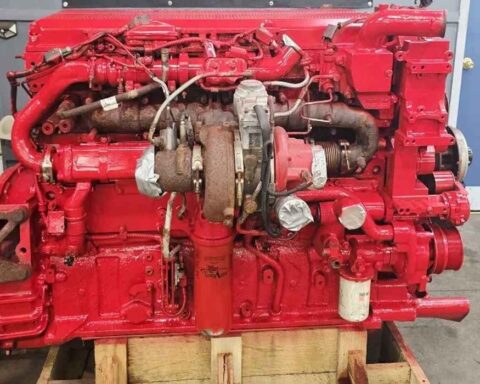If you’ve been in the janitorial business long enough, you know one truth: cleaning doesn’t mean safe.
Sure, your team shows up before the world wakes, works behind the scenes, and leaves places spotless. But in today’s fast-paced, hyper-litigious world, a spotless floor isn’t always a safe one — and a minor oversight can spiral into a serious lawsuit says Keyrenter Alexandria Management team.
Think about it. A freshly mopped floor without a visible sign. A small chemical spill left unattended. A client slipping after hours and blaming your team. That’s all it takes for a “routine job” to become a legal and financial nightmare.
And here’s the kicker: even the best safety protocols may not protect you when claims come knocking.
Let’s unpack why — and what you really need to stay protected and the importance of insurance in the janitorial industry.
The Hidden Dangers Lurking in the Janitorial Industry
You’d think cleaning services would be low risk. After all, you’re not dealing with heavy machinery or open flames, right?
Wrong.
The janitorial industry is riddled with unexpected and underappreciated risks, many of which don’t show up until it’s too late:
- Slips and falls — the number one claim against janitorial businesses. One misplaced wet floor sign, and you’re looking at medical bills, legal fees, and maybe even a lost contract.
- Chemical exposure — harsh cleaning agents can lead to skin burns, respiratory issues, or worse. Even with training, accidents happen.
- Cross-contamination — one overlooked protocol in a healthcare or food-grade facility and you’re liable for spreading pathogens.
- Property damage — a cleaner knocks over an expensive display, scratches hardwood, or floods a room by leaving a faucet running.
- Theft accusations — even if your team is completely innocent, these claims are incredibly damaging — to both your reputation and your legal standing.
And let’s not forget — the reputational fallout from just one bad incident can undo years of hard-earned trust.
So Why Aren’t Standard Safety Protocols Enough Anymore?
You probably have procedures in place already. Wet floor signs, MSDS sheets, PPE requirements — all the industry basics.
But here’s the truth: today’s risks have outpaced yesterday’s safeguards.
We live in an era where everyone has a smartphone camera, legal advice is one Google search away, and even minor injuries can trigger lawsuits. Clients are more demanding. Regulations are stricter. Expectations are sky-high.
The result?
Even with the best intentions and solid procedures, your team is still vulnerable. One slip, one missed step, one disgruntled client — and suddenly you’re on the hook for thousands (or more).
That’s why safety protocols alone don’t cut it. What you need is a multi-layered protection strategy — and at the heart of that is janitorial insurance.
What is Janitorial Insurance — and Why Do You Need It?
Think of janitorial insurance as your business’s bodyguard.
It steps in when things go wrong — whether it’s a minor slip or a major legal headache. It’s designed specifically for cleaning businesses, and it fills the gaps that safety signs and checklists can’t.
Here’s what the right janitorial insurance service can typically cover:
- General liability insurance
Protects you against third-party claims — slips, trips, falls, or accidental property damage. - Workers’ compensation
Covers medical bills and lost wages if your employees are injured on the job. - Janitorial bond (fidelity bond)
Offers protection if an employee is accused of theft or dishonesty at a job site. - Commercial auto insurance
For any vehicles your team uses to transport equipment or chemicals. - Equipment and supplies coverage
If your vacuums, polishers, or eco-cleaning products are stolen or damaged. - Umbrella liability
Offers extra protection if a claim exceeds your primary policy’s limits.
When bundled right, janitorial insurance services don’t just protect you — they show your clients that you take your business, your people, and their property seriously.
Let’s Talk Real Life: One Mistake, Many Consequences
Imagine this:
Your team cleans a corporate office overnight. Everything’s on schedule, the work looks great, and the client signs off with a smile.
Then you get a call.
A senior employee slipped in the lobby at 8:15 a.m. The floor was still damp. There was no warning sign. They’re injured, they’re upset, and they’re holding your company responsible.
Without insurance, you’re paying:
- For their medical expenses
- For legal representation
- For potential settlements
- And possibly for a new client after they drop you
But with proper janitorial insurance?
You file a claim, your provider steps in, and your business keeps moving.
The Extra Layer of Trust Clients Are Looking For
Here’s something many contractors overlook: clients care whether you’re insured.
Especially in competitive markets, commercial clients, schools, hospitals, and property managers don’t just want clean spaces — they want peace of mind.
Having comprehensive janitorial insurance services isn’t just about protection — it’s a selling point. It reassures clients that you’re:
- Professional
- Prepared
- Committed to high standards
In fact, many commercial contracts require proof of insurance before they even consider hiring you.
So yes — it’s not just good risk management. It’s good business.
Bottom Line: Clean Isn’t Safe Without Protection
You’ve built your janitorial business with hard work, dedication, and a reputation for spotless results. But in this industry, even one overlooked hazard can undo everything.
The truth is simple: Safety protocols help prevent incidents. Janitorial insurance helps you survive them.
So don’t wait for a lawsuit to realize your exposure. Invest in a janitorial insurance service that understands your world — the real risks, the real work, and the real protection you need.








